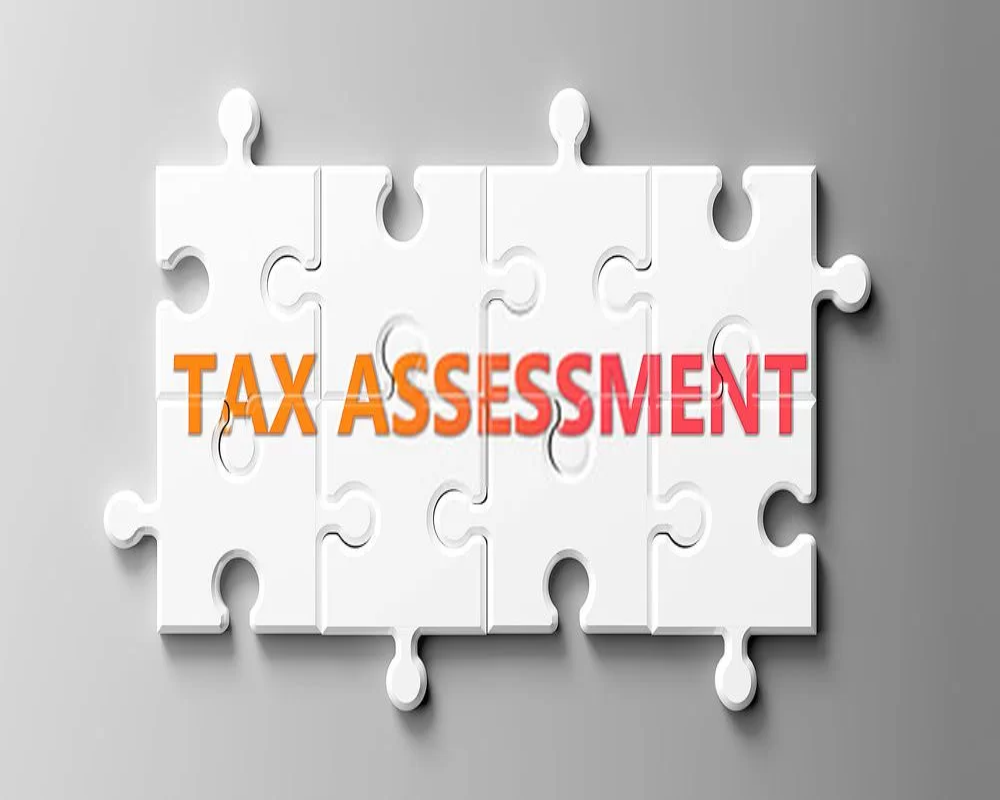Introduction
Tax assessment is a fundamental component of the fiscal and regulatory framework governing factory operations. For factories engaged in manufacturing, processing, or assembling goods, tax compliance involves not just the payment of taxes but also undergoing a formal assessment by tax authorities to verify the accuracy and legality of their tax filings. Tax assessment in factories helps ensure that the business has correctly calculated and paid all applicable taxes such as income tax, Goods and Services Tax (GST), excise duty (where applicable), and withholding taxes (TDS).
Given the complexity of factory operations—often involving raw material procurement, production processes, labor management, and sale of goods—the tax assessment process is both detailed and critical. This article outlines the step-by-step process of tax assessment in factories, including the types of assessments, documentation requirements, authority involvement, and post-assessment procedures.
1. Understanding Tax Assessment
A tax assessment is an official examination conducted by tax authorities to evaluate the correctness of a taxpayer’s declared income, expenses, tax payments, and other financial disclosures.
For factories, the assessment may cover:
- Income Tax (on profits)
- GST or VAT (on sale of goods and services)
- TDS Returns (on payments to contractors, employees, etc.)
- Excise Duty (for certain products still under excise regime)
Assessments help detect under-reporting, errors, or evasion and are crucial for maintaining financial discipline.
2. Types of Tax Assessments Applicable to Factories
a. Self-Assessment
- Most routine filings are accepted based on the information provided by the factory.
- The taxpayer calculates and pays taxes due based on their own records.
- The returns are filed electronically, and unless discrepancies are found, no further scrutiny is carried out.
b. Scrutiny or Detailed Assessment
- Selected cases are taken up for deeper examination.
- The assessing officer evaluates all aspects of the return, including income, expenses, exemptions, and deductions.
- This may involve onsite visits and verification of factory records.
c. Best Judgment Assessment
- If the taxpayer fails to file returns or does not respond to notices, the officer makes an assessment based on available information and estimates.
d. Reassessment
- If new information arises suggesting that income has escaped assessment, a reassessment may be initiated within a prescribed time limit.
3. Key Steps in the Tax Assessment Process
Step 1: Filing of Returns
- Factories must file annual income tax returns, GST returns (monthly/quarterly/annual), and TDS returns within specified deadlines.
- Accurate computation of turnover, profit, tax liability, and credit claims is essential.
Step 2: Selection for Assessment
- Returns are selected for scrutiny either randomly (through computerized selection) or based on red flags such as:
- Large refund claims
- High expense ratios
- Discrepancies between TDS and income declarations
- Large refund claims
Step 3: Issuance of Notice
- The tax authority sends a formal notice requesting:
- Explanation of specific items in the return
- Submission of documents such as financial statements, purchase/sale registers, and stock details
- Explanation of specific items in the return
Step 4: Submission of Information
- The factory submits the required documents within the stipulated period.
- Electronic submission via the tax portal is often mandated.
Step 5: Examination by the Assessing Officer
- A detailed review is conducted by the assessing officer, which may include:
- Cross-verification of invoices
- Inspection of physical inventory or production logs
- Verification of bank transactions and payroll records
- Cross-verification of invoices
Step 6: Reconciliation and Clarifications
- Discrepancies, if any, are communicated to the factory management.
- The factory may be asked to revise its return, offer clarifications, or provide supporting evidence.
Step 7: Final Order of Assessment
- After review and hearings (if required), the assessing officer issues an assessment order.
- It includes:
- Assessed income
- Final tax payable or refundable
- Applicable interest and penalties, if any
- Assessed income
4. Post-Assessment Procedures
a. Payment or Refund
- Any additional tax liability must be paid within the specified timeline.
- If excess tax was paid, a refund is processed, subject to verification.
b. Appeals and Dispute Resolution
- If the factory disagrees with the assessment order, it may file an appeal with the Commissioner of Income Tax (Appeals) or relevant tribunal.
- Dispute resolution may also involve mediation or litigation depending on the case.
c. Record Maintenance
- All documents related to the assessment must be retained for a statutory period (typically 6–8 years).
- Proper filing aids future assessments and audits.
5. Role of Technology and Automation
Modern tax systems emphasize e-assessment and digital compliance:
- Online portals are used for filing, notices, and submission of responses.
- Automated systems perform risk analysis and return processing.
- E-verification methods reduce manual intervention and enhance transparency.
Conclusion
Tax assessment in factories is a vital mechanism to ensure legal compliance, financial accountability, and correct tax contribution. It requires a thorough understanding of taxation laws, accurate documentation, and timely communication with tax authorities. By establishing a robust internal accounting system, maintaining clear records, and staying updated with tax regulations, factories can navigate the assessment process smoothly and mitigate the risks of penalties or litigation. In an era of increasing digitization and scrutiny, proactive tax planning and compliance remain key pillars of sustainable industrial operations.
Hashtags
#TaxAssessment #FactoryFinance #ManufacturingTaxes #TaxCompliance #BusinessTaxes #FinancialPlanning #FactoryManagement #TaxProcess #AccountingForFactories #TaxStrategy #ManufacturingFinance #TaxRegulations #CostAccounting #FactoryOperations #TaxFiling #BusinessFinance #TaxConsulting #IndustryStandards #FinancialCompliance #TaxEducation


